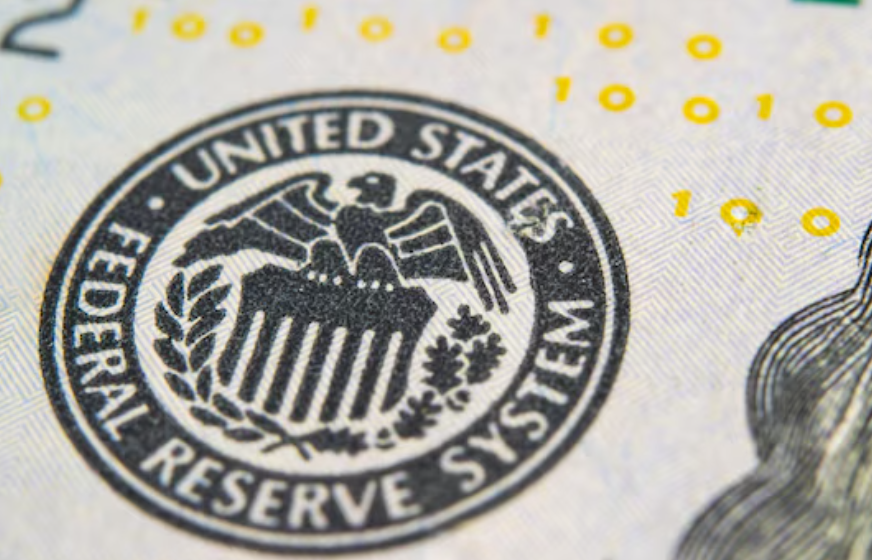$SPY $XLF $BAC
#Finance #Economy #FederalReserve #InterestRates #Banking #PolicyChange #TedCruz #JeremySiegel #GovernmentSpending #DeficitReduction
Jeremy Siegel Supports Ted Cruz’s Proposal to Eliminate Fed Payments on Excess Reserves
In recent financial news, Wharton professor Jeremy Siegel has expressed support for Senator Ted Cruz’s initiative to put an end to the Federal Reserve’s practice of paying interest on excess reserves held by banks. This bold move, according to both figures, could potentially save the U.S. government approximately $2 trillion in deficits over time, highlighting a significant opportunity for fiscal efficiency.
Understanding the Impact of the Proposed Change
Banks currently receive interest from the Federal Reserve for the excess reserves they hold at the bank. This setup was intensified following the 2008 financial crisis as a means to bolster bank liquidity. Ted Cruz’s plan, endorsed by Jeremy Siegel, aims to redirect these funds to reduce national deficits, a strategy that underscores a critical aspect of national financial management.
The Economic Rationale Behind the Move
The initiative to stop these payments is rooted in the belief that it would not only help in reducing the national deficit but also encourage banks to put their excess reserves into more productive uses. This could stimulate economic activity and growth by increasing lending to businesses and consumers. Jeremy Siegel emphasized this point, stating that the potential savings from this policy change are “not a trivial concern” and should be considered seriously by policymakers.
Potential Challenges and Considerations
While the proposal promises significant savings, it also poses challenges, particularly for the banking sector which might depend on these payments as a steady income source, especially in times of economic downturns. The plan would require careful implementation to balance the benefits of deficit reduction with the stability of the financial system.
Public and Political Reactions
The proposal has sparked a broad range of responses, with some praising the forward-thinking nature of the plan and others cautious about its potential impacts on the banking system and overall economic stability. It remains a contentious issue that will require thorough debate and analysis in the political arena.
For more insights into such financial strategies and their implications, you can explore [Financier News](https://www.financier.news/), which offers extensive coverage on economic policies and their impacts.
In the context of broader economic discussions, particularly how financial institutions interact with cryptocurrencies, interested readers can find additional information on [Binance](https://www.binance.com/), where the interplay between traditional banking and emerging financial technologies is frequently explored.











Comments are closed.